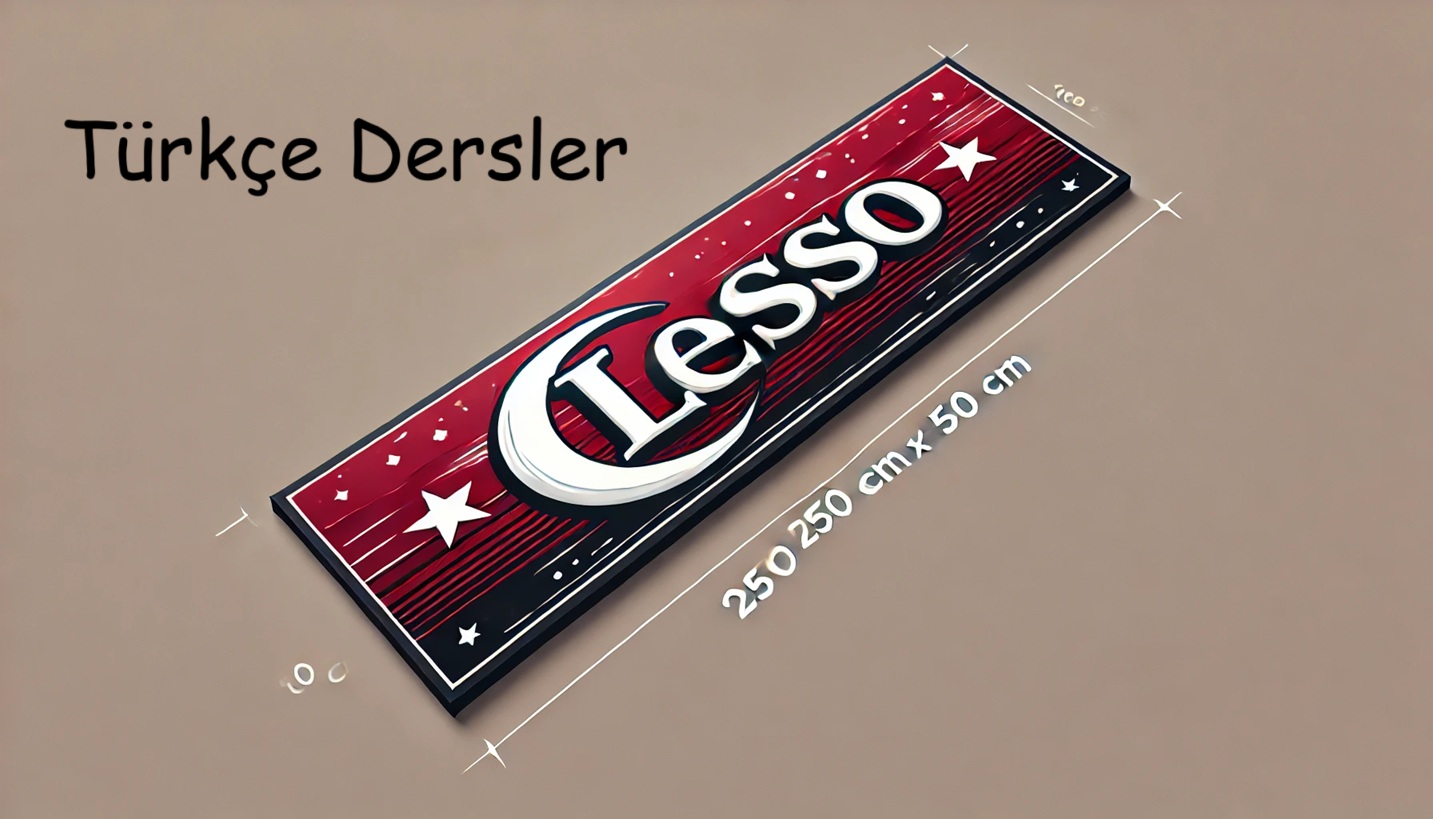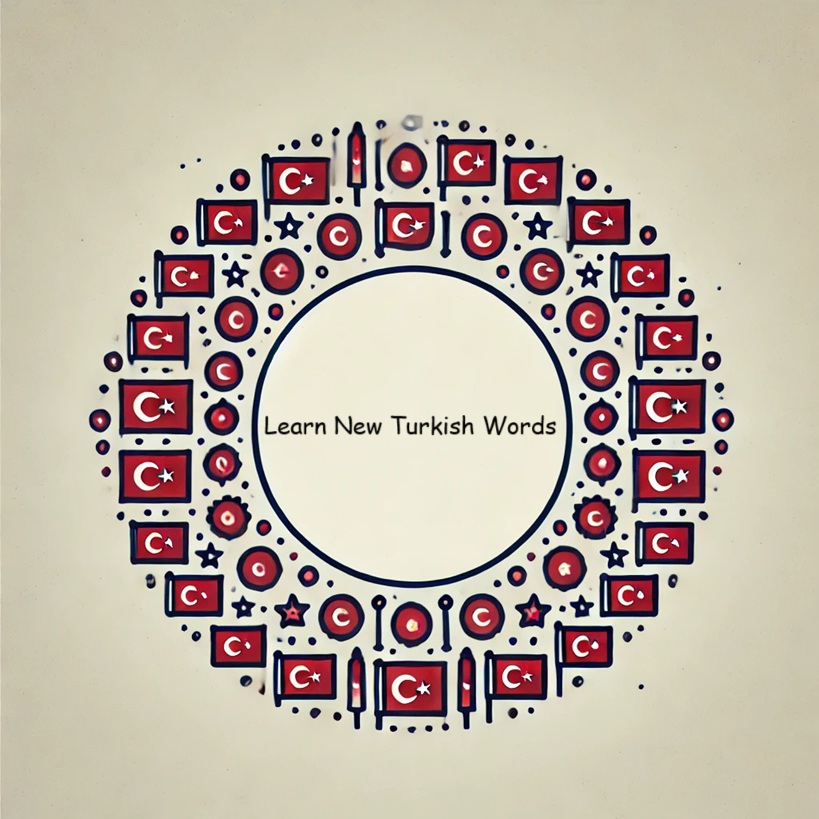Turkish Dialogues-Turkish Lesson-29-B

1️⃣ Köpeksever misin? (Are you a dog lover? 🐶)
Köpeksever (dog lover) mi (question) sin (are you)
🟢 Word meanings:
Köpeksever → (dog lover)
Mi → (question suffix)
Sin → (you are)
🔵 Verb breakdown:
-sin → (personal suffix for “you”)
2️⃣ Ben kedileri seviyorum. (I love cats. 🐱)
Ben (I) kedileri (cats) seviyorum (love)
🟢 Word meanings:
Ben → (I)
Kedileri → (cats – accusative form)
Seviyorum → (I love)
🔵 Verb breakdown:
Sev → (root of verb “to love”)
-iyor → (present continuous suffix)
-um → (personal suffix for “I”)
3️⃣ En çok kedileri seviyorum. (I love cats the most. ❤️🐱)
En çok (the most) kedileri (cats) seviyorum (love)
🟢 Word meanings:
En çok → (the most)
Kedileri → (cats – accusative form)
Seviyorum → (I love)
🔵 Verb breakdown:
Sev → (root of verb “to love”)
-iyor → (present continuous suffix)
-um → (personal suffix for “I”)
4️⃣ Ankete katıldın mı? (Did you participate in the survey? 📊)
Ankete (to the survey) katıldın (did you participate) mı (question)
🟢 Word meanings:
Ankete → (to the survey)
Katıldın → (you participated)
Mi → (question suffix)
🔵 Verb breakdown:
Katıl → (root of verb “to participate”)
-dı → (past tense suffix)
-n → (personal suffix for “you”)
5️⃣ Ankete katıldım. (I participated in the survey. ✅)
Ankete (to the survey) katıldım (I participated)
🟢 Word meanings:
Ankete → (to the survey)
Katıldım → (I participated)
🔵 Verb breakdown:
Katıl → (root of verb “to participate”)
-dı → (past tense suffix)
-m → (personal suffix for “I”)
6️⃣ Anket ne hakkındaydı? (What was the survey about? ❓📊)
Anket (survey) ne (what) hakkındaydı (was about)
🟢 Word meanings:
Anket → (survey)
Ne → (what)
Hakkındaydı → (was about)
🔵 Verb breakdown:
Hakkında → (about)
-ydı → (past tense suffix)
7️⃣ Anketler iş hakkındaydı. (The surveys were about work. 💼)
Anketler (surveys) iş (work) hakkındaydı (were about)
🟢 Word meanings:
Anketler → (surveys)
İş → (work)
Hakkındaydı → (were about)
🔵 Verb breakdown:
Hakkında → (about)
-ydı → (past tense suffix)
Please Click For listening Quiz
8️⃣ Hiç insanlarla tartışıyor musun? (Do you ever argue with people? 🗣️)
Hiç (ever) insanlarla (with people) tartışıyor (argue) musun (do you)
🟢 Word meanings:
Hiç → (ever)
İnsanlarla → (with people)
Tartışıyor → (arguing)
Musun → (do you)
🔵 Verb breakdown:
Tartış → (root of verb “to argue”)
-ıyor → (present continuous suffix)
-sun → (personal suffix for “you”)
9️⃣ Ne hakkında? (About what? 🤷)
Ne (what) hakkında (about)
🟢 Word meanings:
Ne → (what)
Hakkında → (about)
🔵 Verb breakdown:
No verb, phrase.
🔟 Fikir alışverişi. (Exchange of ideas. 💡)
Fikir (idea) alışverişi (exchange)
🟢 Word meanings:
Fikir → (idea)
Alışverişi → (exchange)
🔵 Verb breakdown:
No verb, noun phrase.
1️⃣1️⃣ Arkadaşlarımla sık sık tartışıyorum. (I argue with my friends frequently. 🗣️)
Arkadaşlarımla (with my friends) sık sık (frequently) tartışıyorum (I argue)
🟢 Word meanings:
Arkadaşlarımla → (with my friends)
Sık sık → (frequently)
Tartışıyorum → (I argue)
🔵 Verb breakdown:
Tartış → (root of verb “to argue”)
-ıyor → (present continuous suffix)
-um → (personal suffix for “I”)
1️⃣2️⃣ Discuss. (Tartışmak. 🗣️)
Discuss → Tartışmak
🟢 Word meanings:
Discuss → (Tartışmak)
🔵 Verb breakdown:
No verb breakdown, single word.
1️⃣3️⃣ İnsanlarla kavga ediyor musun? (Do you fight with people? 🥊)
İnsanlarla (with people) kavga ediyor (fight) musun (do you)
🟢 Word meanings:
İnsanlarla → (with people)
Kavga ediyor → (fighting)
Musun → (do you)
🔵 Verb breakdown:
Et → (root of verb “to do/make”)
-iyor → (present continuous suffix)
-sun → (personal suffix for “you”)
1️⃣4️⃣ Kavga etmek. (To fight. ⚔️)
Kavga (fight) etmek (to do)
🟢 Word meanings:
Kavga → (fight)
Etmek → (to do)
🔵 Verb breakdown:
No verb breakdown, phrase.
1️⃣5️⃣ Hayır, insanlarla kavga etmiyorum. (No, I don’t fight with people. ❌)
Hayır (no) insanlarla (with people) kavga etmiyorum (I don’t fight)
🟢 Word meanings:
Hayır → (no)
İnsanlarla → (with people)
Kavga etmiyorum → (I don’t fight)
🔵 Verb breakdown:
Et → (root of verb “to do/make”)
-miyor → (negative present continuous suffix)
-um → (personal suffix for “I”)
📚 Ders Özeti (Lesson Summary)
In this lesson, students learned how to talk about preferences, surveys, arguments, and discussions in Turkish. They practiced forming questions and negative sentences.
